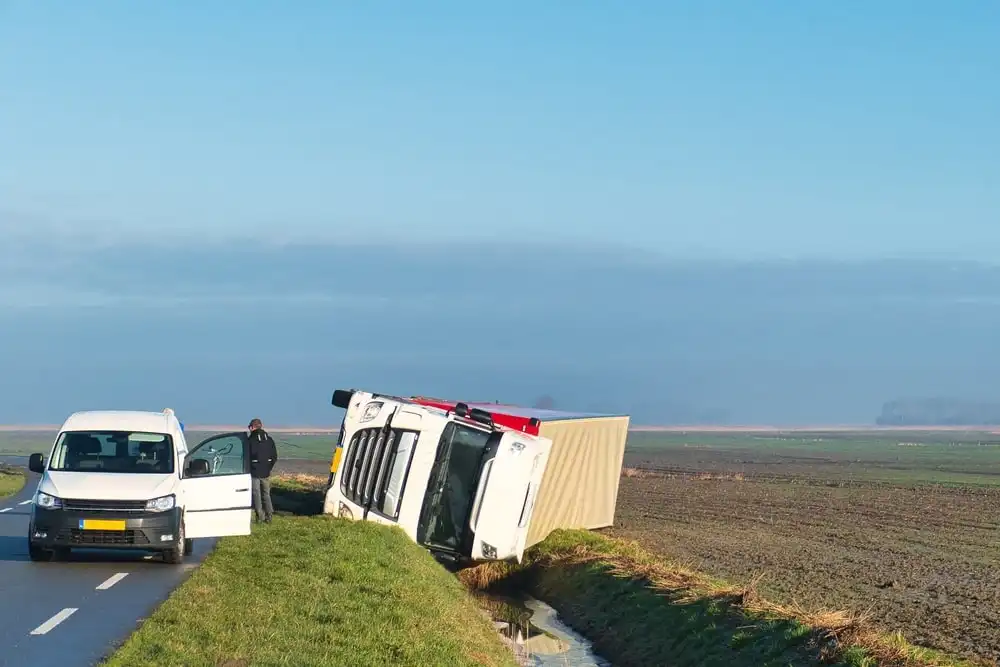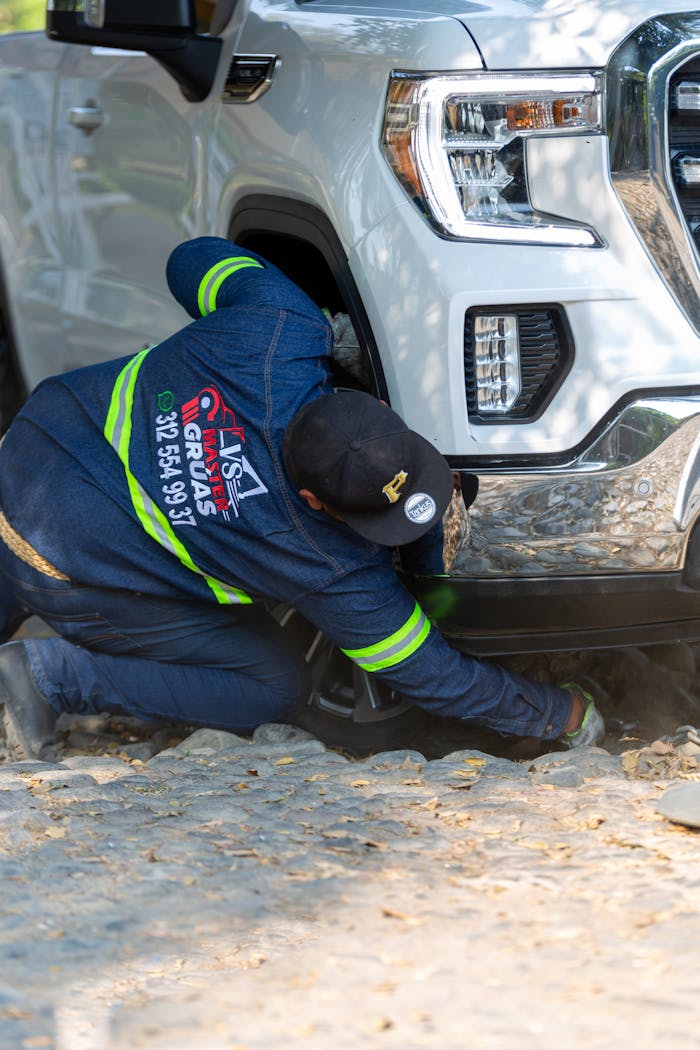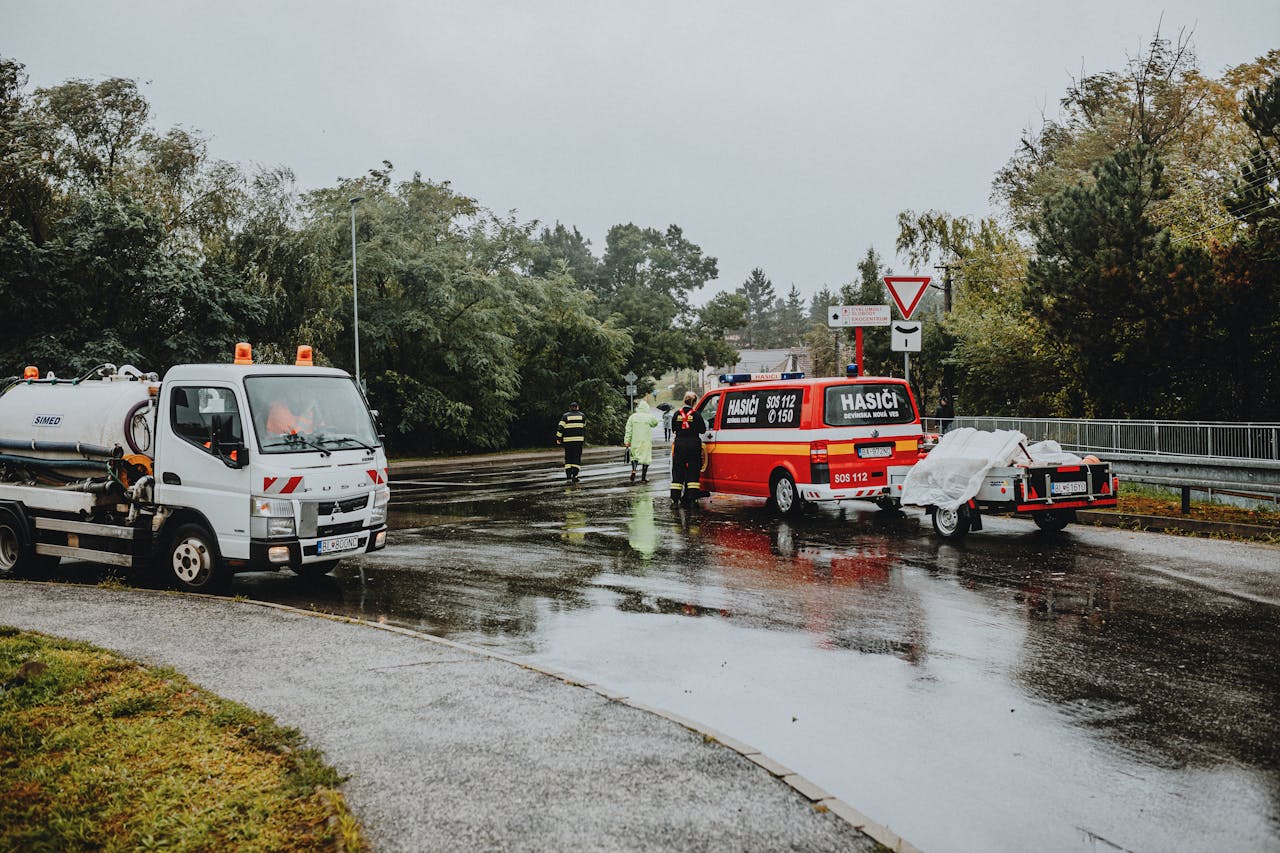Being involved in a truck accident is one of the most frightening and overwhelming experiences a driver can face. When you’re injured in a truck accident in Orange County, it can feel like your world is turned upside down—physically, emotionally, and financially. However, knowing the right steps to take after the accident can help protect your health, your legal rights, and your ability to recover compensation for your injuries.
In this blog, we’ll walk you through the essential steps you need to take immediately after a truck accident in Orange County, California. These steps will not only help you get the medical care and legal support you need but also strengthen your personal injury claim if you decide to seek compensation.
1. Ensure Your Safety and the Safety of Others
The first priority after any accident, especially a truck accident, is safety. Trucks are massive vehicles, and accidents involving them can be catastrophic. Here’s what you should do:
-
Stop your vehicle: It’s important to remain at the scene of the accident. Leaving the scene of an accident, especially in California, can result in serious legal consequences.
-
Check for injuries: Assess yourself and your passengers for injuries. If anyone is injured, call 911 immediately to get medical help.
-
Move to a safe location: If possible, move your vehicle out of the flow of traffic. If you’re unable to move your vehicle, turn on your hazard lights to alert other drivers.
Even if you don’t feel immediate pain, it’s essential to be cautious. Many injuries, like whiplash, concussions, or internal injuries, may not show symptoms right away.
2. Call 911 and Report the Accident
Always contact the police after a truck accident. In California, a report must be filed if there are injuries, fatalities, or significant property damage. The police will create an official report that can serve as an essential piece of evidence in your case. When speaking to the police:
-
Give an accurate account of the accident.
-
Do not admit fault: Even if you think you may have contributed to the accident, avoid making statements that could be construed as an admission of fault. Let the police investigate and determine liability.
-
Request a copy of the police report: This report will contain critical details about the accident, including the location, involved parties, citations, and the officer’s initial assessment of fault.
Having an official police report is often vital for any personal injury claim that follows the accident.
3. Seek Immediate Medical Attention
Even if you don’t feel injured, seek medical attention immediately after the accident. Some injuries, like whiplash, brain injuries, or soft tissue damage, may not be apparent right away. Delaying treatment could worsen your condition and hurt your chances of receiving compensation later.
-
Visit the emergency room or a doctor: If you haven’t been taken to a hospital from the scene of the accident, make sure to visit a healthcare provider as soon as possible.
-
Document all injuries: Your medical records will be an essential part of your personal injury claim. These records can help establish the severity of your injuries and provide evidence that the truck accident caused them.
Documenting your injuries thoroughly from the beginning will also help with the compensation process when you file a claim or lawsuit.
4. Gather Evidence at the Scene
While you’re waiting for emergency personnel to arrive or after you’ve sought medical attention, it’s essential to gather as much evidence as possible to support your case. This evidence will help establish who was at fault and strengthen your personal injury claim. Here’s what to collect:
-
Take photographs: Use your phone to take pictures of the accident scene, vehicle damage, road conditions, and any visible injuries. Also, capture photos of any skid marks, debris, or anything else that might be relevant.
-
Get information from the truck driver: Exchange contact and insurance information with the truck driver. Make sure you get the name of the truck driver, the trucking company (if applicable), the truck’s license plate number, and insurance details.
-
Talk to witnesses: If there were any witnesses to the accident, get their contact information and ask them for a brief statement about what they saw. Eyewitness testimony can be extremely helpful when determining fault.
-
Write down details: If possible, write down everything you remember about the accident while it’s still fresh in your mind. This will help you later when recounting the details to your lawyer or insurance company.
The more evidence you gather, the stronger your case will be when pursuing compensation.
5. Contact Your Insurance Company
After a truck accident, it’s important to notify your insurance company as soon as possible. Even if the accident was caused by the truck driver or another party, your own insurance coverage may play a role in covering some of your damages. When contacting your insurance company:
-
Provide accurate details: Report the accident promptly, and provide your insurer with all the information they need, including the police report number, the truck driver’s insurance details, and any photos or evidence you’ve collected.
-
Avoid giving recorded statements: It’s generally best to avoid giving a recorded statement to the insurance company, especially if you don’t yet have an attorney. Insurance adjusters often try to minimize payouts, and anything you say can be used against you.
Having your insurance company involved early on is crucial to ensure that your medical bills and property damage are covered while you wait for the other party’s insurance to pay out.
6. Consult a Truck Accident Lawyer
Truck accident claims are often more complex than regular car accident cases because they involve larger vehicles, multiple parties, and potentially complicated liability issues. Consulting with an experienced truck accident lawyer in Orange County is essential for protecting your legal rights and ensuring that you receive fair compensation for your injuries.
A lawyer can:
-
Investigate the accident: They will gather evidence, speak to witnesses, and consult with experts to determine fault.
-
Negotiate with the insurance companies: A lawyer can handle negotiations with both your insurance company and the truck driver’s insurer to ensure you’re not shortchanged in the settlement process.
-
File a lawsuit: If necessary, your attorney will file a personal injury lawsuit and represent you in court to fight for the compensation you deserve.
Truck accidents often involve large corporations or commercial insurance companies, which means they have vast resources to protect their interests. Having an attorney on your side will level the playing field.
7. Understand the Types of Compensation You May Be Entitled To
If you’ve been injured in a truck accident, you may be entitled to various forms of compensation, including:
-
Medical expenses: Coverage for all medical treatments related to your injuries, both past and future.
-
Lost wages: Compensation for the income you lost while you were unable to work due to the injury.
-
Pain and suffering: Non-economic damages to compensate for the physical and emotional distress caused by the accident.
-
Property damage: Compensation for repairs or replacement of your damaged vehicle.
-
Punitive damages: In cases of extreme negligence (such as truck driver intoxication or recklessness), you may also be entitled to punitive damages, which are meant to punish the wrongdoer.
8. Conclusion
Being involved in a truck accident in Orange County can be overwhelming, but by following the right steps—such as ensuring safety, gathering evidence, seeking medical attention, and consulting with a truck accident lawyer—you can protect your rights and increase your chances of obtaining fair compensation for your injuries and damages.
If you’ve been injured in a truck accident, don’t hesitate to contact an experienced Orange County truck accident lawyer who can guide you through the legal process, negotiate with insurance companies, and fight for the justice you deserve.



